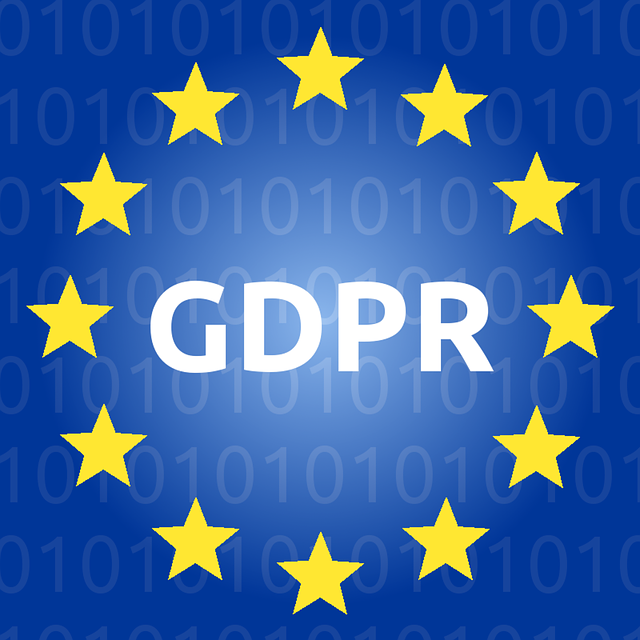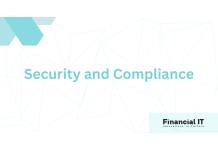Westpac Ups The Ante On Scam Protection
- 18.11.2024 11:30 am
WorldFirst Partners With Walmart for Secure Online...
- 07.08.2024 01:05 pm
Klickl Taps Sumsub for Enhanced Compliance, Fraud...
- 31.07.2024 01:15 pm
Inferior database security led to the downfall of...
- 21.02.2024 09:51 am
24/04 – Weekly Fintech Recap
- 24.04.2023 09:00 am
11/11 – Weekly Fintech Recap
- 11.11.2022 06:00 pm
Equals Group Partners with Featurespace to Enhance...
- 22.08.2022 10:55 am
New Research Reveals Ireland is the Credit Card Fraud...
- 01.08.2022 09:50 am
18/07 – Weekly Fintech Recap
- 18.07.2022 09:00 am
Red Hat Releases Open Source StackRox to the Community
- 17.05.2022 01:25 pm
MSAB Part of New European Standard for Mobile Forensics
- 05.05.2022 09:20 am
Vyta Receives £11M Investment from MML and Acquires IT...
- 04.05.2022 11:10 am






















